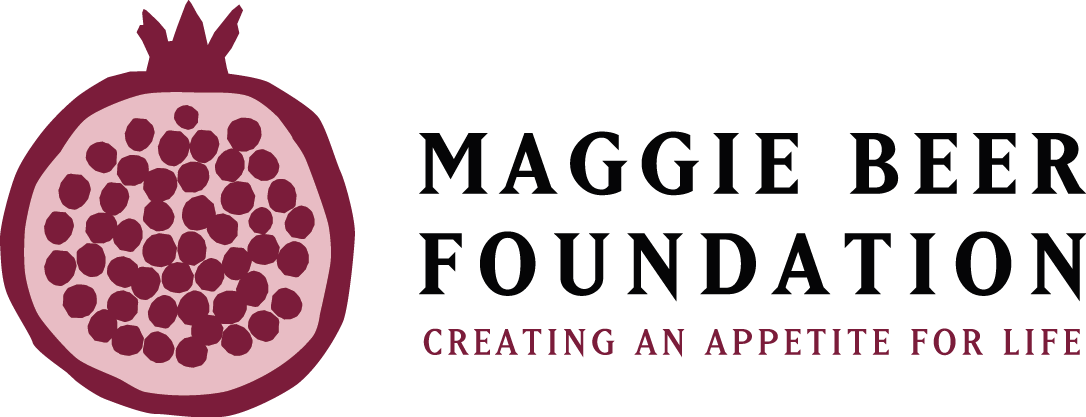What’s in Season?
2 March, 2020Here comes… Autumn! For many, the summer months have been very long, with unpredictable weather conditions and the destruction that has come with it, affecting so many. We hear that those in Melbourne have already cranked up their heaters whilst those in Perth are continuing to dine Alfresco. For a bit longer we have the […]


